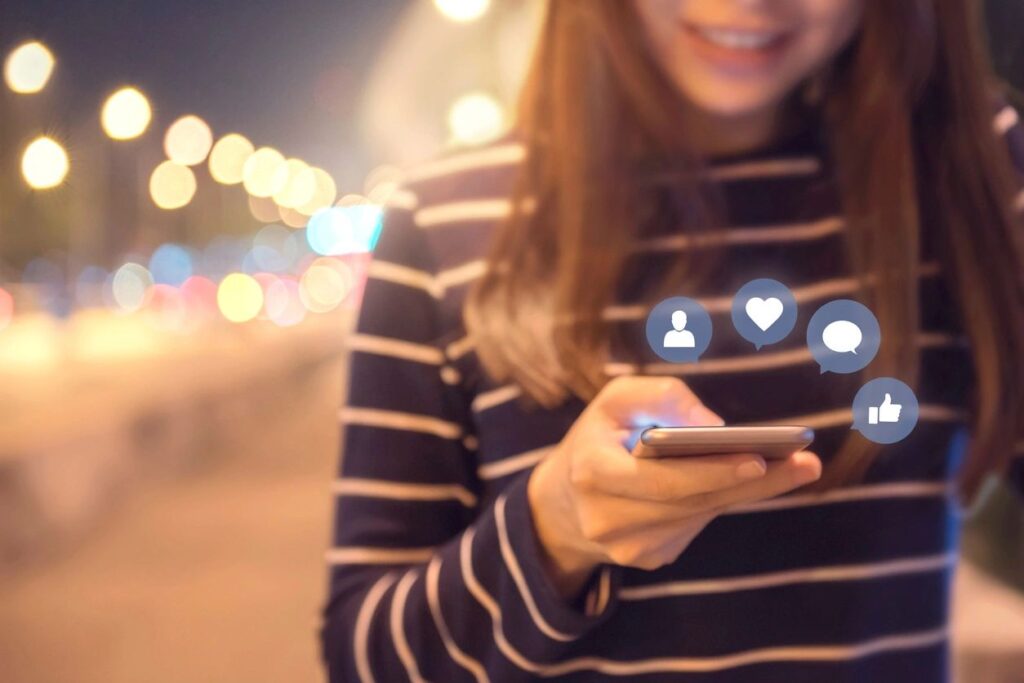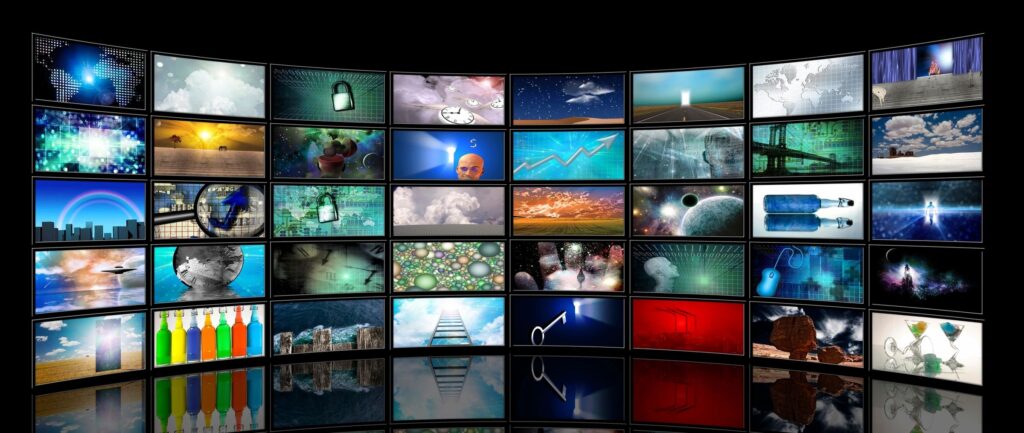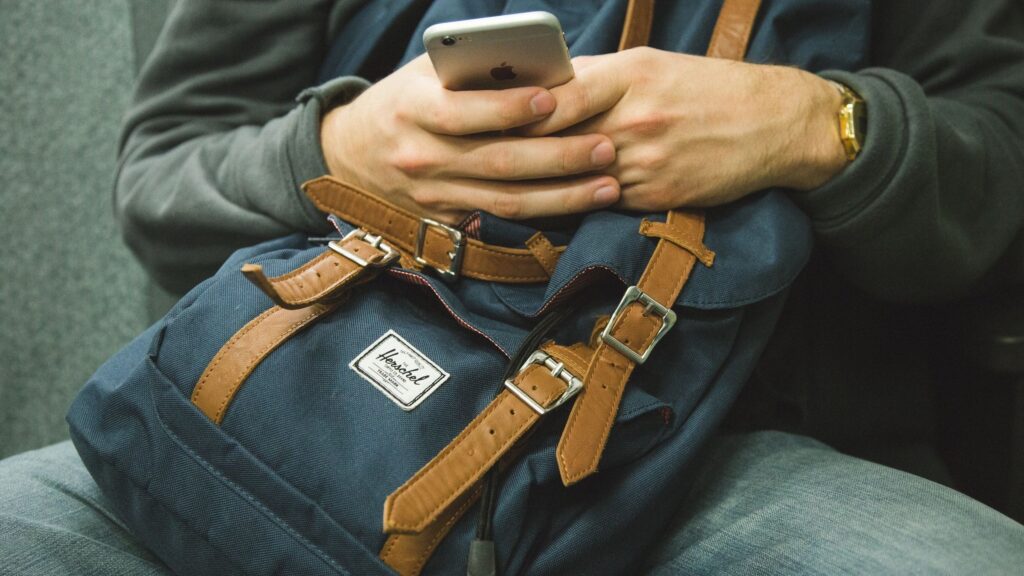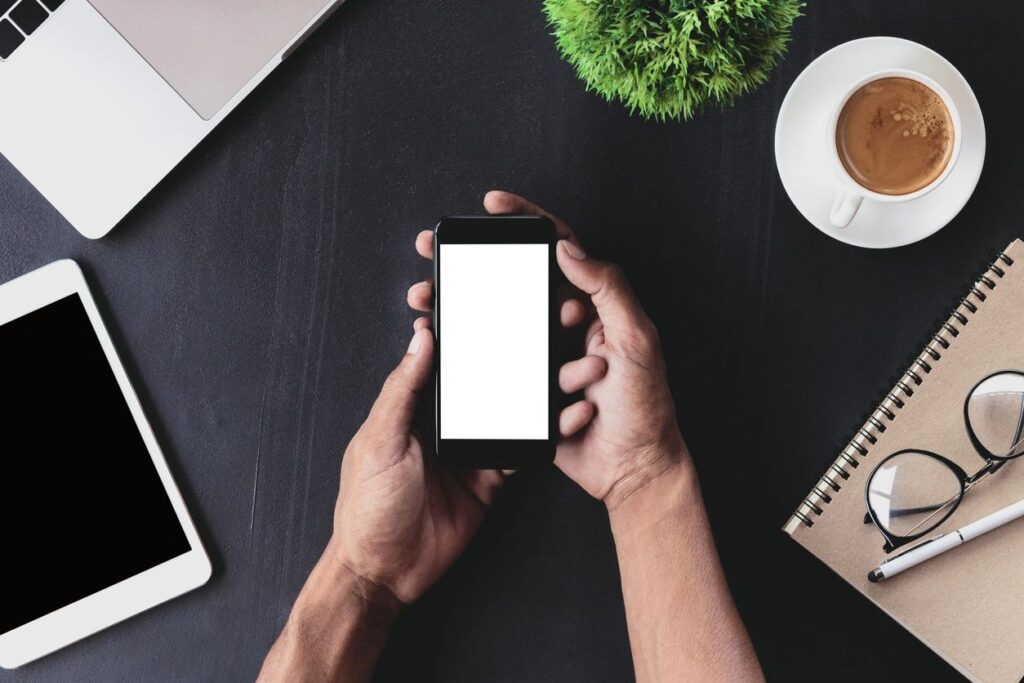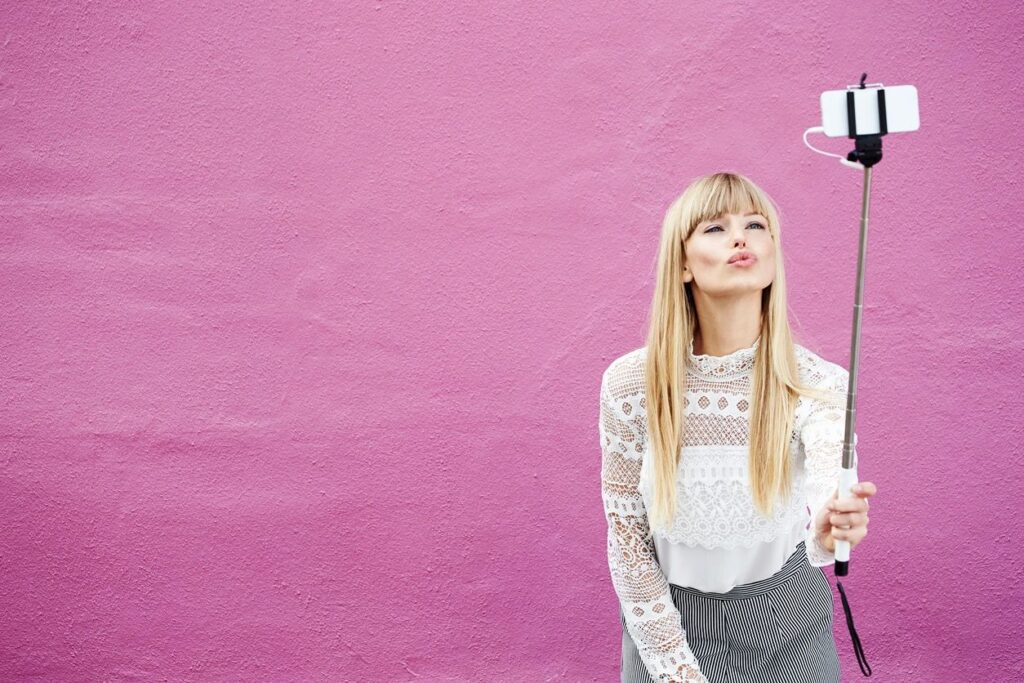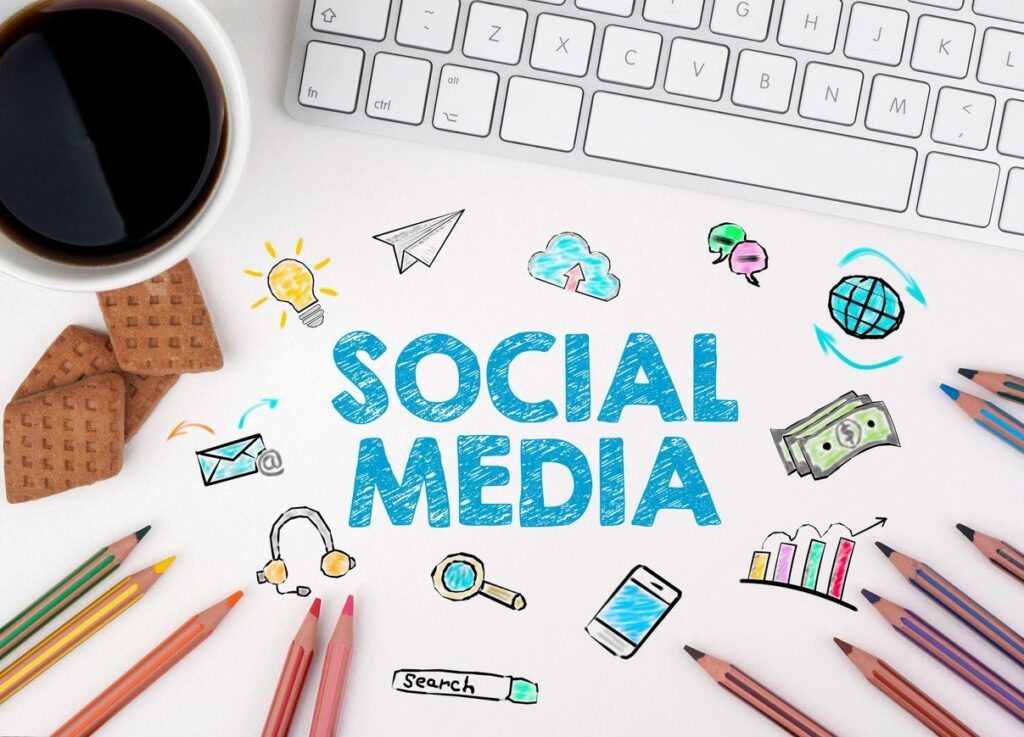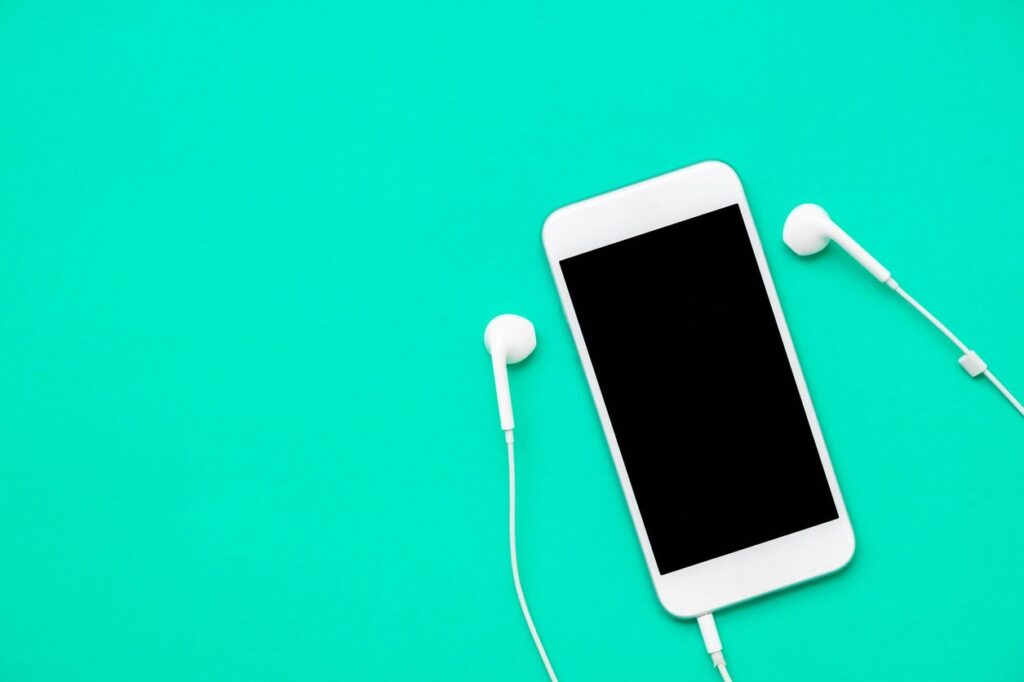Posts Tagged ‘Social Media’
We are More Lonely than Ever. Find out Why and How to Counter It.
We are more connected and more lonely than ever. And this seems to be true across sex, age, race, and income. The COVID-19 pandemic has played a significant role in fostering disconnection among individuals, leading many of us to be less inclined to re-engage socially at the same level as before. Loneliness doesn’t typically travel…
Read MoreAmerican Psychological Association Publishes Guidelines on Social Media Use for Children and Adolescents
Social media, like any technology, is neither inherently good nor bad. Its value lies in how we choose to use it. To encourage the positive use of social media and discourage harmful practices among children and adolescents, the American Psychological Association (APA), an organization with 146,000 members, has published a series of recommendations and advisories…
Read MoreMedia Literacy and Modern Technology
Media Psychology Technology, including social and other forms of media, is often considered neutral – its value is determined by how we use it (see Social Media is Related to Both Ill-Being and Well-Being). Finding a social group online that understands you can be a positive, life-changing, and even life-saving experience. However, becoming consumed with…
Read MoreDoomscrolling: The Ultimate Negative Flow State and Four Ways to Counter It
First, A Little Psychology I’ve written before about social media use and how it can be both helpful and harmful. The article, Is Social Media Reflecting Our Pathology or Adding to It?, concluded that social media does both. The trick to making social media a positive experience is understanding how their algorithms work. The first…
Read MoreIs Social Media Reflecting Our Pathology or Adding to It?
Social Media and Mental Health Social media has become an open forum for discussing and sharing stories about mental health. For many, this has been positive, perhaps even a lifesaving, as it helps people connect with others who have similar experiences and find places where one does not feel alone. According to an article in…
Read MoreSocial Media Use is Related to Both Ill-Being and Well-Being
Social media use and mental health seems to have a love/hate relationship. Brailovskaia and Margraf (2016) conducted a large study comparing users and non-users of Facebook on various mental health variables. While they found that users were significantly more likely to score higher on scales of narcissism, they also scored higher on extroversion and self-esteem.…
Read MoreSocial Media and Self-Esteem
A recent article published in Science Direct looked at the association between social media use and mental health among adolescents. The impact of social media on mental health is certainly not a new topic. Neil Petersen wrote about envy as a mediator of mental illness among social network users, how social media affects life satisfaction…
Read MoreEnvy Might Drive Some of Social Media’s Mental Health Effects
Social media has facilitated both new ways of connecting with others and new ways of tallying how our lives stack up against theirs. In the twenty-first century, keeping up with the Joneses has become keeping up with the hundreds of people on your Facebook feed. Several previous studies have suggested that comparing yourself with others…
Read MoreThe Tweets That Go With a Quarter-Life Crisis
From getting married to buying homes, millennials are accused of doing everything later. But that’s not true when it comes to having life crises. As the rise of the term “quarter-life” crisis suggests, having life crises is something millennials seem willing to do early and often. So what do you do when you want to…
Read MoreSwitching Off Your Phone Half an Hour Before Bed Might Improve Sleep, Memory
I’m not going to bother telling you not to use your phone before bed. Partly because you’ve probably heard that advice before, and partly because it would be hypocritical of me to do so! But I am going to highlight the results of a study that shows what might happen to people who do and…
Read More
